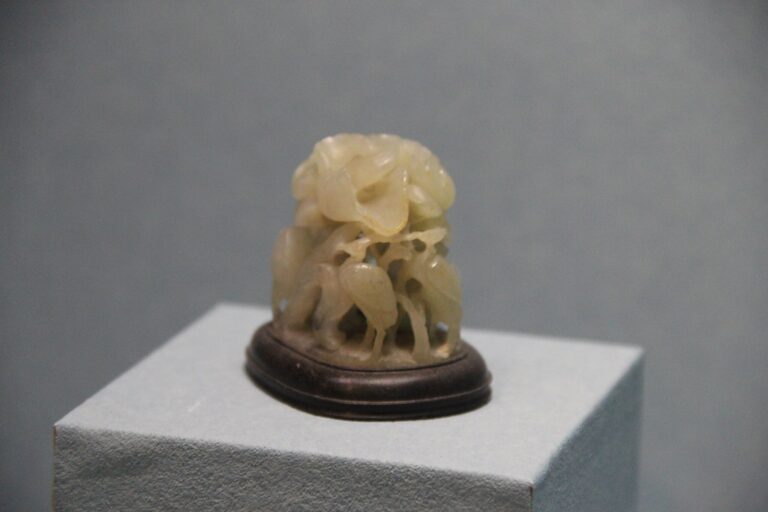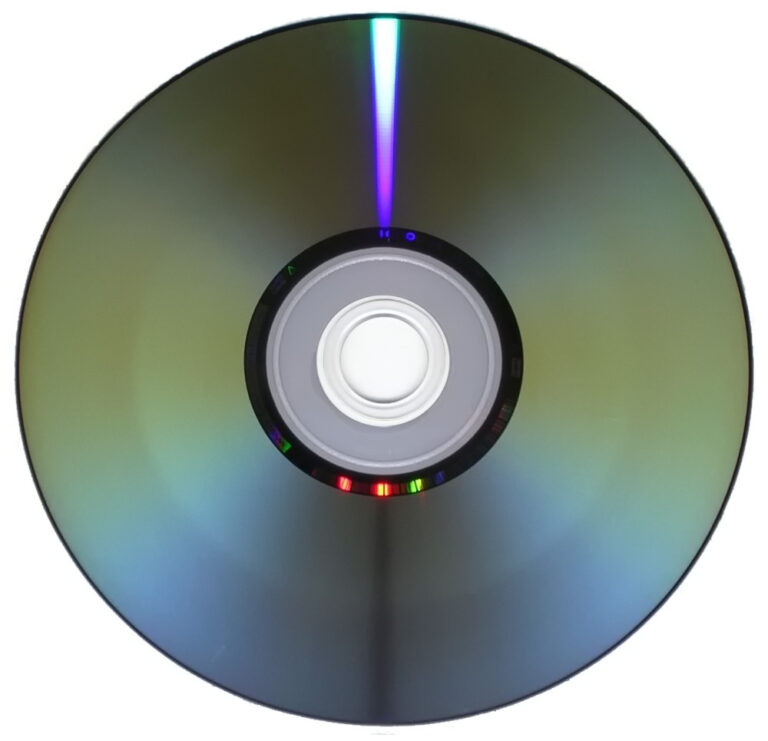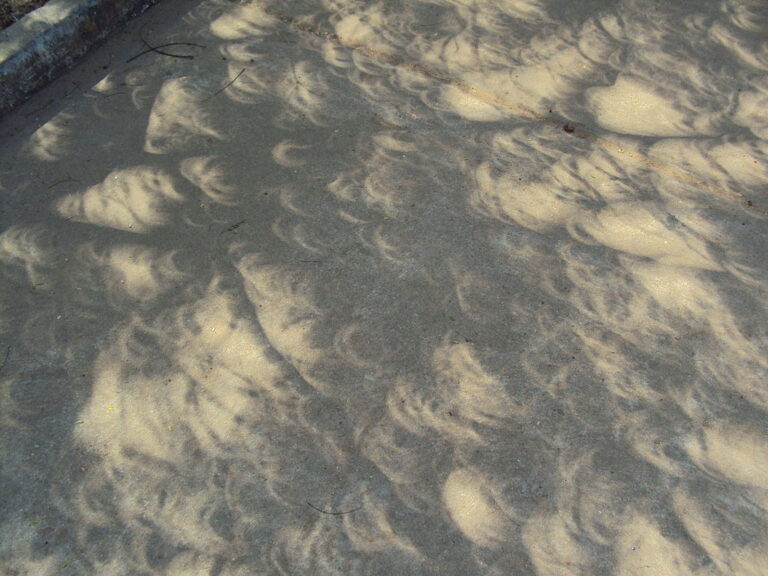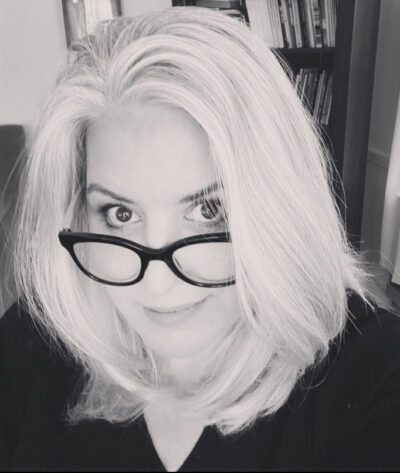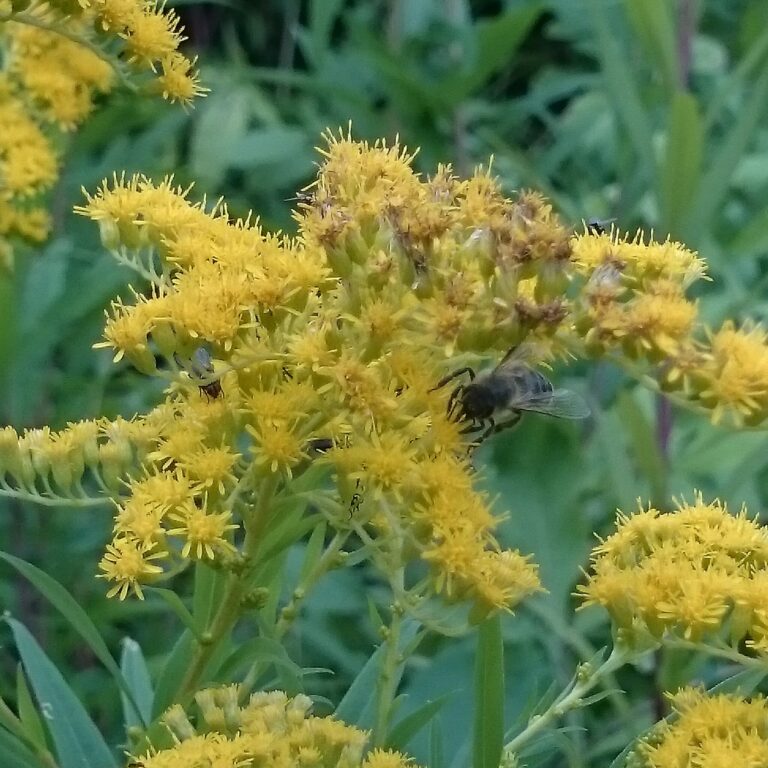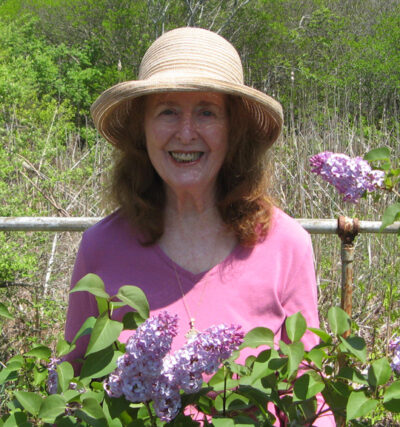I Can’t Resist Entering Wa Harmony *
to Look at the Butterflies Again
They transcend being wall art with a price tag
and seem to flutter to life under my gaze.
The stunning visual music of the butterflies
ricochets from shadowbox to shadowbox:
Luna moths — three across, three down.
Whites – sand, oyster, and paper white
arranged with colors on the diagonal
from black-veined and green-veined whites
to whites with orange-tipped wings.
Black swallowtails, some with teal markings
some slashed with emerald-green.
Sulphurs: green clouded, orange barred,
and lemon-yellow cloudless.
And last, the Blue Morpho, immense
and alone in his archival sarcophagus
a coloratura blue, visible from planes
flying at 35,000 feet
and rare in the animal world.
*Wa Harmony was an interior design store in Provincetown, Massachusetts.
My Childhood In Twelve Sentences
In the golden rectangle, a + b of our back yard, I wept inconsolably
at the fence confining me to b.
My mother and I left for the A&P on foot in March and arrived in November,
just as snow began to sift from a pewter sky.
After the wobbly old card table, our new dining room table was a vast continent,
the five of us sitting so far apart, we felt like heads of state.
The green ’49 Ford and I were contemporaneous and inaugural — first car, first girl.
Beyond that, the analogy breaks down.
A big bully – unregulated and unopposed – made me miserable for one year.
Very early in the morning on the day my oldest brother was to leave for college,
I woke up crying, but could remember no bad dream.
The paper on my bedroom ceiling was blue with white stars.
A few of us neighborhood kids were ascetics, going barefoot in April
to toughen our feet for the summer ahead.
My parents sold the ’49 Ford to a hot-rodder who painted it black and drove it
all around town.
I did not understand why we stood by and let this happen.
My father and I agreed that the swirl of stars above the sycamore tree
must be the Large Magellanic Cloud.
For my tenth birthday, I got riding lessons, and twelve girls screamed one horse-crazy scream, lifted me onto their shoulders, and carried me out the front door.
Jade Horse, (1600s) Chinese Miniature Collection
He could heave to his feet any second, but he has inspired an upland meadow where snow has finally melted into earth, and he likes the feel of damp, new grass on his belly. He’s color — glossy white, with a luminous green undercoat — the field is field. He tosses his head and creates cool mountain air and an April sky — a few cloud wisps in a high, blue dome. It’s easy to imagine him running — that gravity-defying gallop, folding and extending, folding and extending, slender legs carrying the great gleaming body. But right now he is lying down, legs tucked under him, flicking his tail at the first flies in this world he has made.

Meredith Holmes grew up in Moorestown, New Jersey, but has lived in Cleveland Heights, Ohio for many years. In the 1970s, she was a member of “Big Mama,” a feminist poetry theater group that performed nationally and published two collections of poetry. In 2005, she was chosen to be the first Cleveland Heights poet laureate. Pond Road Press published two collections of her poems: Shubad’s Crown in 2006 and Familiar at First, Then Strange in 2015. Meredith’s poems have been published in a handful of journals and several anthologies. She is a freelance writer, specializing in workplace issues and women in science, engineering, and politics.
Image: Gary Lee Todd, Ph.D., CC0, via Wikimedia Commons
